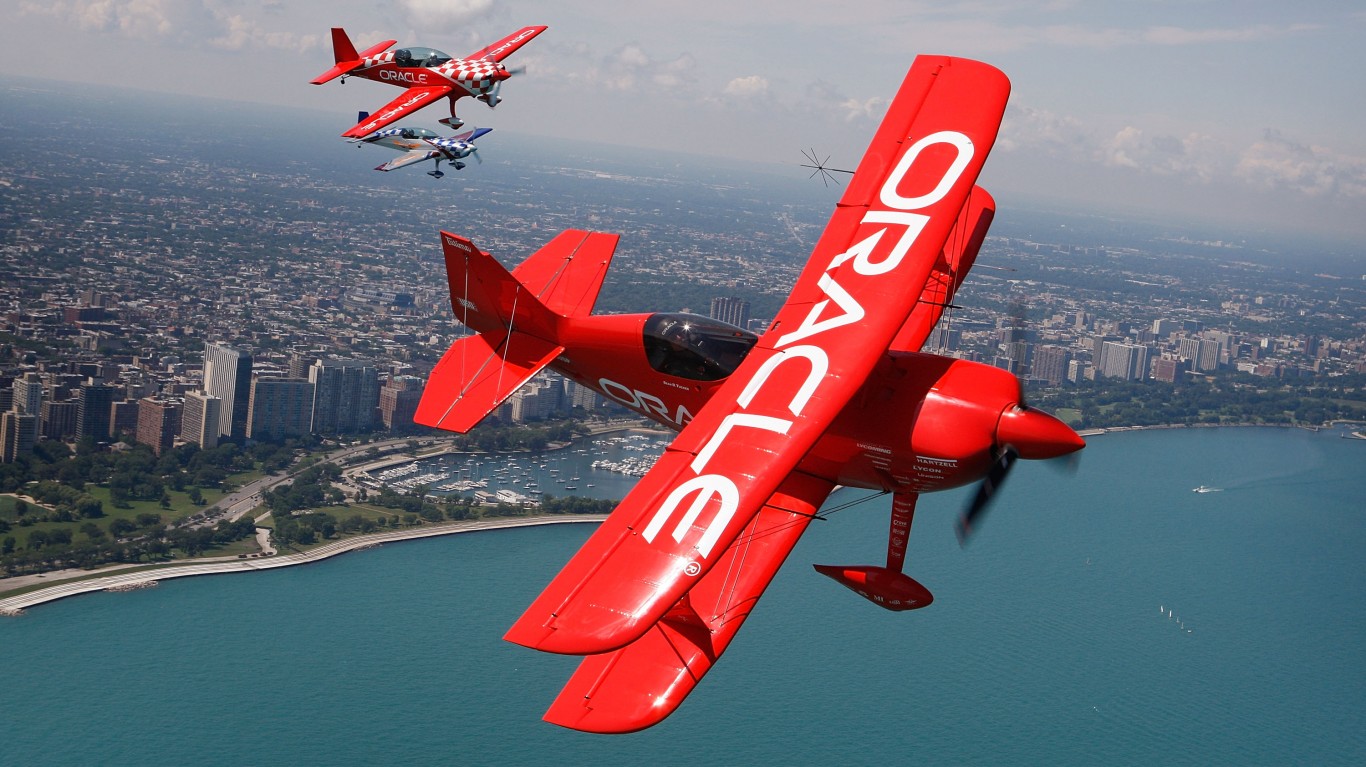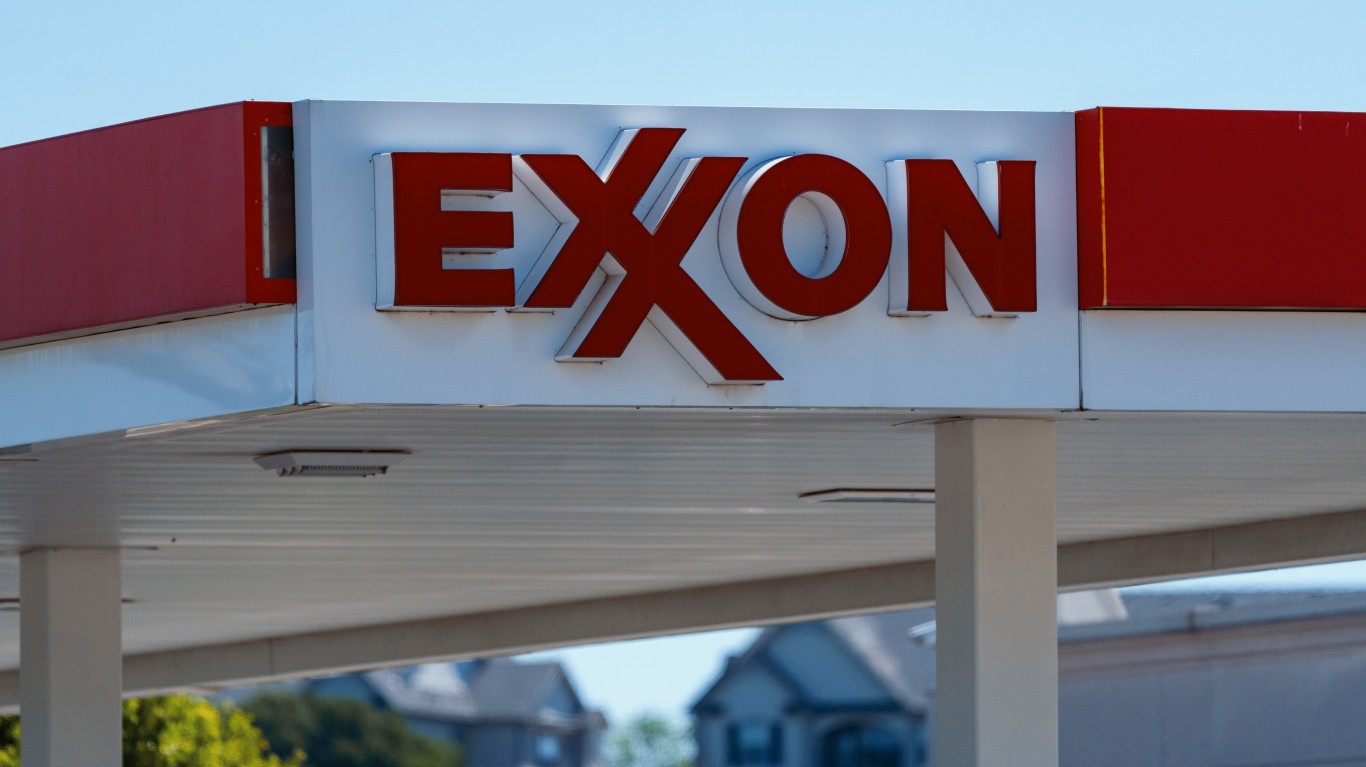
Software stocks underperformed the S&P 500 in both 2021 and 2022. As a group, software stocks trailed the S&P 500 by 15% in 2021 and 16% in 2022. Valuations fell by 63% last year.
Getting back on a solid footing will take more time, according to the Jefferies 2023 Software Playbook. Analysts Brent Thill and Joseph Gallo, and their team, see a mixed-to-negative first half of 2023, with a better second half thanks to an expected return to growth in 2024 after estimates are lowered and multiples have been reset. In other words, adjusting to the new, new normal.
Before we look at the ratings changes the firm released Thursday morning, here is a rundown of Jefferies’ top predictions. Among large-cap stocks, Microsoft, Intuit and Oracle get the nod. Fortinet and Okta are the top choices among security companies, while Splunk, Procore and DocuSign are mid-cap picks. PowerSchool is the lone small-cap pick at Jefferies, and Atlassian, Snowflake, DataDog and Cloudflare are the firm’s high-growth choices.
Here are the four upgrades and four downgrades Jefferies announced Thursday morning.
Oracle Corp. (NYSE: ORCL) was raised from Hold to Buy, and the price target increased from $90 to $105. The implied 2024 price-to-earnings per share (EPS) multiple was raised from 16 times to 19 times. The analysts believe Oracle is well-positioned in a tough IT environment as companies spend more on back-office software, which may result in organic growth in cloud computing. If cloud sales fail to materialize, Oracle’s on-premise software will benefit. Jefferies calls Oracle “one of our favorite value names from a tactical perspective.”
At a share price of around $84.00, the upside potential based on the new price target is 25%. Oracle’s 52-week trading range is $60.78 to $89.52.
Atlassian Corp. (NASDAQ: TEAM) also was raised from Hold to Buy, and its $150 price target was left unchanged. The implied 2024 price-to-revenue multiple was raised from 8.8 to 8.9. One of Jefferies’ high-growth picks, the firm claims that Atlassian has the “best fundamental business” in its coverage. The decline in the revenue multiple from the mid-teens to high single digits creates a buying opportunity. The analysts also like the company’s prospects for medium-term growth, a large total available market and large customers still on deck to migrate to the cloud, among other things.
The implied upside to the stock is about 22%, based on a trading price of around $123.00. The stock’s 52-week range is $113.86 to $352.92.
Check Point Software Technologies Inc. (NASDAQ: CHKP) gets a rating upgrade from Hold to Buy as well and a price target hike from $135 to $150. The implied price-to-calendar year 2023 free cash flow multiple was raised from 11.6 to 13.2. Check Point’s challenge, Jefferies believes, is to “meaningfully re-accelerate” revenue growth. The company “has historically struggled to put up meaningful revenue growth and bears questions whether it can meaningfully accelerate growth in the face of macro weakness.”
At a share price of around $127, the implied upside based on Jefferies’ new price target is 18.1%. The stock’s 52-week range is $107.54 to $149.62.
DocuSign Inc. (NASDAQ: DOCU) was upgraded from Hold to Buy, and the $50 price target was lifted to $70. The calendar year price-to-revenue multiple was raised from 3.6 to 5.2. Jefferies expects that revenue growth can “normalize” in the low double-digit range and has modeled a top-line compound annual growth rate of 10% for the next four fiscal years, above the Wall Street average of 8%. There is also room for margin expansion. DocuSign stock trades at a discount of around 38% to comparable companies and a 60% to 70% discount to the price Thoma Bravo recently paid for Coups Software.
At a share price of around $55, the implied upside to the $70 Jeffries price target is 27.3%. The stock’s 52-week range is $39.57 to $153.49.
CrowdStrike Holdings Inc. (NASDAQ: CRWD) was downgraded from Buy to Hold, while the $175 price target was lowered to $120. The implied price-to-2023 estimated revenue multiple dropped from 13.7 to 9.2. Jefferies analysts believe that the opportunity to displace legacy vendors remains but that it is not as large as it was. Microsoft is also a threat to the company’s own recurring revenue guidance, which was not that impressive to begin with.
CrowdStrike trades at around $96 a share, implying a potential upside of 25% to the $120 Jefferies price target. The stock’s 52-week range is $94.63 to $242.00.
Palantir Technologies Inc. (NYSE: PLTR) also was downgraded from Buy to Hold, and its $9 price target dropped to $7.50. The implied price-to-2023 estimated revenue multiple decreased from 7.2 to 5.9. While Jefferies believes that Palantir has a wide technology moat and “a data platform that can address complex mission-critical use cases that no other vendor can,” Palantir’s “long-term fundamentals must be balanced with near-term results.” The analysts continue: “Given the recent lack of execution on the government business (new US government deals pushed out indefinitely) and a meaningful deceleration on the commercial front, we think that upside is capped in the absence of a growth inflection.”
At a share price of around $6.00, the implied gain based on Jefferies’ new price target is 25%. The stock’s 52-week range is $5.92 to $18.57.
Dropbox Inc. (NASDAQ: DBX) was downgraded from Buy to Hold, and its $28 price target is now $25. The implied price-to-2023 estimated revenue multiple dropped from 4.2 to 3.8. Dropbox receives 90% of its revenue from small and medium-sized businesses, and current macro conditions call into question further top-line growth and raise the possibility of more churn. International business accounts for 30% of revenue, making Dropbox susceptible to foreign exchange pressure. The company is “less likely to outperform in the future.” Jefferies does not think Dropbox’s future growth path is clear enough to lead it out of the macroeconomic mire.
The stock trades at around $22, implying a gain of 13.6% to Jefferies’ new price target. The stock’s 52-week range is $19.07 to $25.80.
And Varonis Systems Inc. (NASDAQ: VRNS) saw its Buy rating slip to Hold and its $30 price target reduced to $26. The implied price-to-2023 estimated revenue multiple was dropped from 5.8 to 4.9. The company is working through a four- to six-year transition to a software as a service (SaaS) model that Jefferies sees as a volatility risk in the near term. The analysts also think an enterprise value-to-2023 estimated revenue multiple of 4 is “justified for this show me story.”
At a share price of about $23, the implied gain based on the new price target is 13%. Varonis stock’s 52-week range is $15.61 to $51.60.
Thank you for reading! Have some feedback for us?
Contact the 24/7 Wall St. editorial team.
 24/7 Wall St.
24/7 Wall St.


